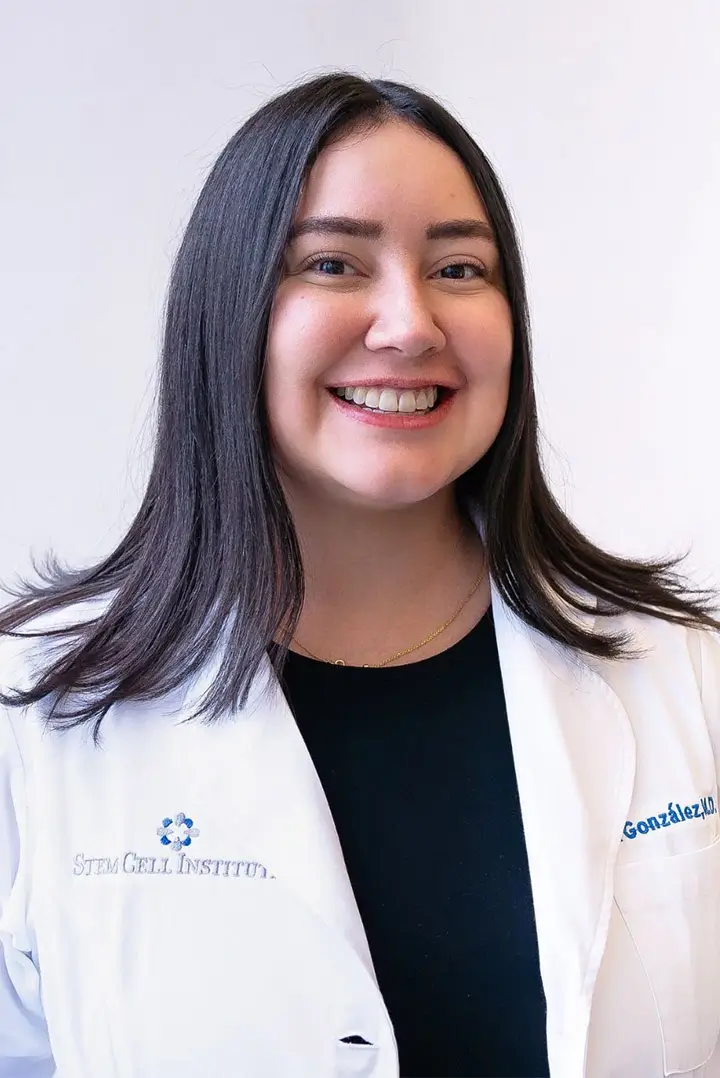The stem cell company Pluristem Therapeutics has filed an IND (investigational new drug) application with the U.S. FDA and its European counterpart to begin Phase I clinical trials for the treatment of critical limb ischemia with the proprietary adult stem cell product PLX-PAD, an allogeneic placental-derived stromal cell product.
The trials, which are to be conducted at clinical sites in the U.S. and Europe, will enroll patients who are suffering from “late stage” limb ischemia that has been unresponsive to conventional medical and surgical interventions, and for whom amputation is the only other remaining option.
As the president and CEO of Pluristem, Zami Aberman, explains, “We are pleased to be filing this IND application in the U.S.. Following approval by the FDA, we will begin administering PLX-PAD to patients afflicted with critical limb ischemia with the goal of proving this product safe. The IND application filed with the FDA and the IMPD (investigational medicinal product dossier) application filed in Europe are two important steps in Pluristem’s global strategy to become a dominant player in the cellular therapeutic business arena.”
According to Edwin M. Horwitz, M.D., Ph.D., Director of Cell Therapy in the Division of Oncology and Blood and Marrow Transplantation at the Children’s Hospital of Philadelphia, and chairman of Pluristem’s Scientific Advisory Board, “This is an exciting time for Pluristem. Success in this endeavor will signify the first time an adult stem cell, derived from the placenta and grown using the company’s PluriX 3D technology, has been administered to humans safely. This will represent a major advance in cell therapy and position Pluristem as an international leader in the field.”
As Dr. Brian Annex, Chief of the Division of Cardiovascular Medicine in the Department of Medicine at the University of Virginia School of Medicine, and a member of Pluristem’s Scientific Advisory Board, adds, “If Pluristem’s clinical trial is successful, this will be a major advance in the field of cellular therapeutics with the use of an allogeneic off-the-shelf product that needs no matching for peripheral vascular disease and then, potentially, other diseases.”
It has been estimated that between 8 and 12 million people in the U.S. alone suffer from critical limb ischemia (CLI), an advanced stage of peripheral artery disease (PAD). Industry analysts have estimated the market potential for the treatment of CLI to be over $1 billion, although conventional medical treatments of this life-threatening condition are often unsuccessful, thereby leaving a therapeutic void which cell-based therapies are uniquely qualified to fill.
Pluristem Therapeutics is focused on the development and commercialization of off-the-shelf allogeneic cell-based therapies for the treatment of chronic degenerative ischemic and autoimmune disorders. As described on their website, Pluristem specializes in adherent stromal cells (ASCs) that are derived from the placenta and which “are multipotent adult stem cells that have strong anti-inflammatory properties and can regenerate and repair damaged tissue.” ASCs have already been shown to differentiate into nerve, bone, muscle, fat, tendon, ligament, cartilage and bone marrow stroma. Additionally, since they have low immunogenicity, ASCs do not require HLA (human leukocyte antigen) matching and are not at risk of being rejected by the patient’s immune system.
After the ASCs are harvested from placental tissue, the cells are then expanded three-dimensionally into PLX (PLacental eXpanded) cells via the company’s proprietary PluriX 3D bioreactor, in which the cells are able to excrete their own cytokines and other immune modulators without the need for supplemental growth factors nor other exogenous materials. Like ASCs, PLX cells exhibit immunomodulatory properties and are “immune privileged” and as such do not pose any threat of immunological rejection.
As adult stem cells which are derived from the human placenta, which is an extremely rich non-embryonic source of stem cells, ASCs are also ethically non-controversial in addition to being highly potent adult stem cells.

